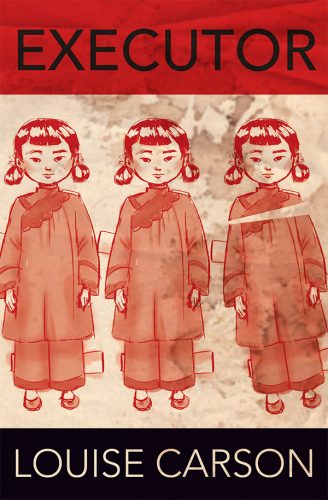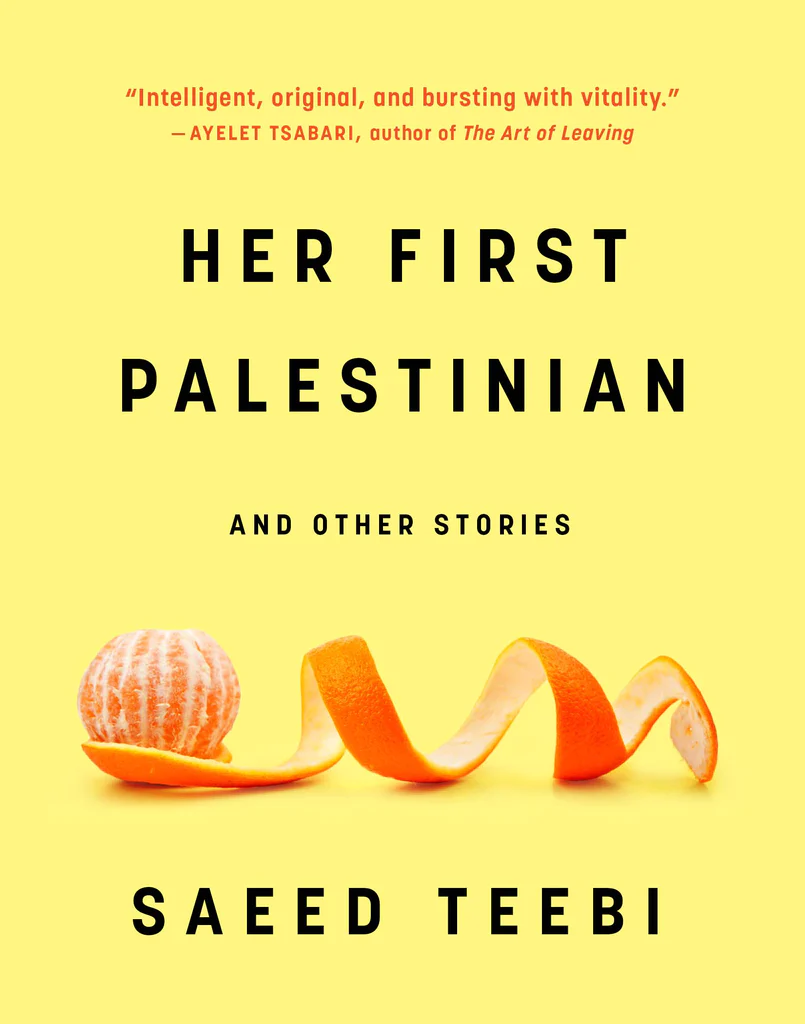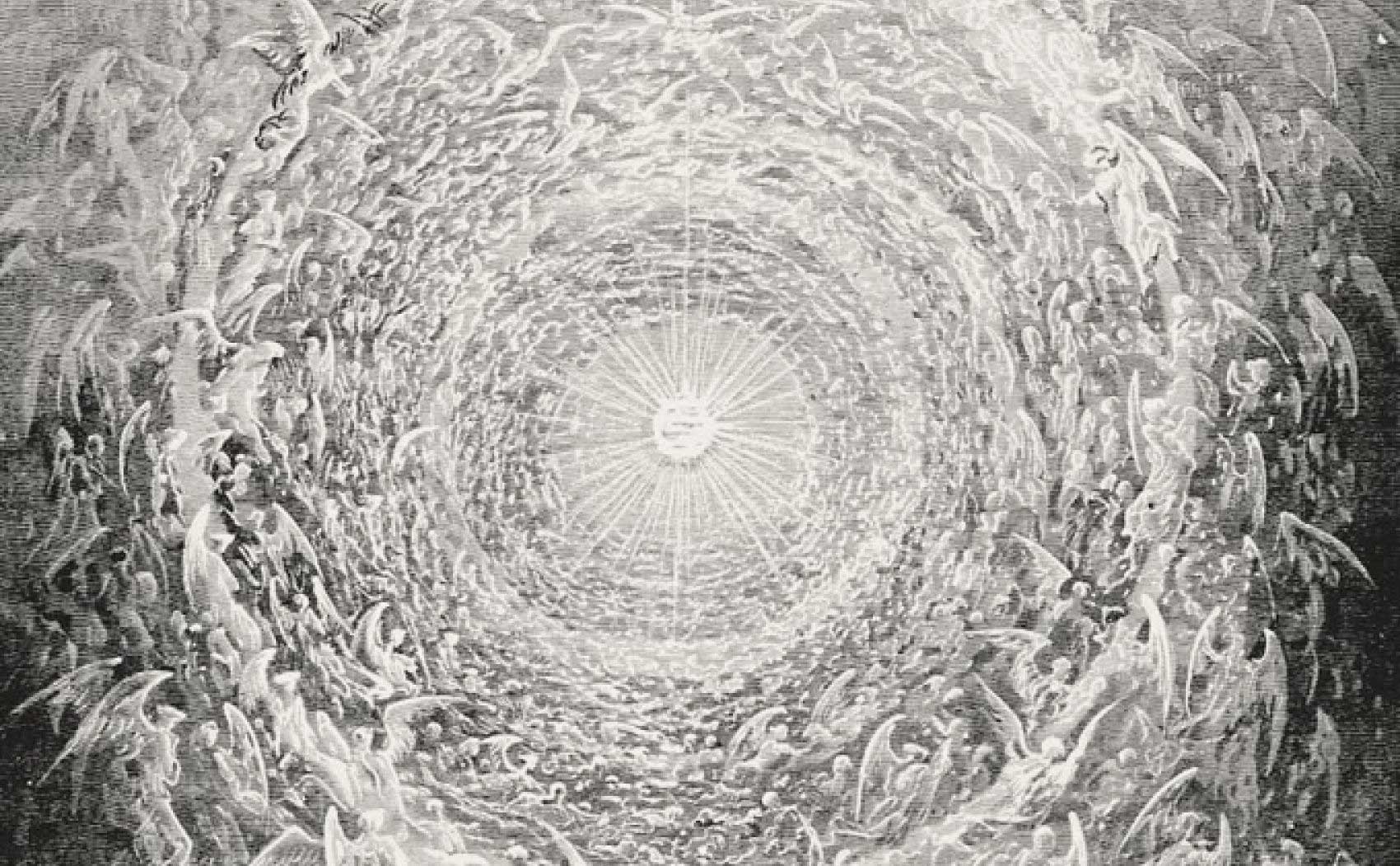
Executor, by Louise Carson, Signature Editions, 183 pages, published in 2015
A mystery novella, this book deals with important and topical subjects – Canadians adopting girl children from China, and “the dark world of transplant tourism” and organ trade in that country and its links to Canada. Even as I was reading Executor to write this review, members of the Falun Gong were on a cross-Canada tour to raise awareness and garner support for condemning the practice of harvesting organs from their members who have been arrested and executed, reportedly since the late 1990s.
A story (http://www.theglobeandmail.com/news/world/report-alleges-china-killing-thousands-of-prisoners-to-harvest-organs/article30559415/) in The Globe and Mail published in June 2016 points to a new report released by David Matas, a Canadian human rights lawyer, and David Kilgour, a human rights activist and former Canadian MP. Mr. Matas says that 80 per cent of the organs used in China come from prisoners of conscience, although “in the presence of total cover-up and the absence of total access to data, that’s just an estimate.” Carson includes earlier books by Kilgour and Matas in her author’s note as sources she used to do her research.
Executor is the story of Peter Forrest, an academic-poet, whose inspiration has run dry. Father of Jenny and Liza, two girls he adopted in China with his homemaker wife, Jan. Leading a busy and purposeful life in the rural Toronto suburb of Dunbarton, growing vegetables in his garden and coming down the 401 to his city job, Peter is all set to adopt another orphan girl from China.
Then he gets an unusual request: he is asked to become the literary executor for poet Eleanor Brandon, who recently committed suicide (or so it seems). Peter was once a student and lover of Eleanor, who was also a social activist, speaking on behalf of Chinese dissidents. Agreeing to take care of Eleanor’s unpublished poetry manuscript but shying away from her activism, Peter goes to China and ends up with a baby girl, Annie, who does not look like the girl in their file picture. Other fishy things happen, including a stranger in a park giving him a USB with English translations of what seem like personal files of detained and dead prisoners labelled Falun Gong, Tibetan, Uighur or Christian.
Back in Canada, people known to Eleanor start getting murdered, detectives Smith and Smythe from the Toronto Police enter the picture, tragic facts about Annie’s health come to light, and the plot thickens, splashing mud on Peter, the proverbial innocent bystander. The dramatic events inspire some poems, and in the last few pages, Peter confronts the murderer in what is the best scene in the book.
This is a genre bender that contains a lot of domestic detail. Carson coasts casually through her plot, using a matter-of-fact tone. Her prose is competent and she takes on big, really big themes, but doesn’t fully plumb their depths. I liked that Carson was trying, in a number of ways, to write an unconventional mystery. I believe such efforts should be encouraged and indeed pushed to greater heights. This book is a pleasant read.
Veena Gokhale’s short story collection, Bombay Wali and other stories (http://www.guernicaeditions.com/title/9781550716726) was published by Guernica Editions in 2013. Her first novel, Land for Fatimah, written with a Québec Government Literary Grant, will be published by Guernica in 2018. She lives in Montréal.










